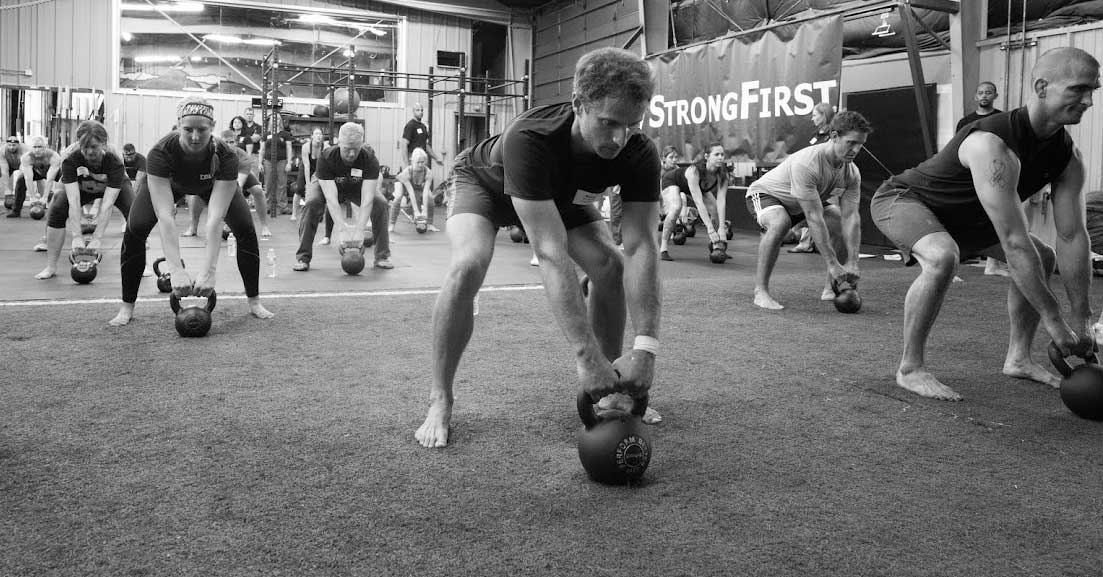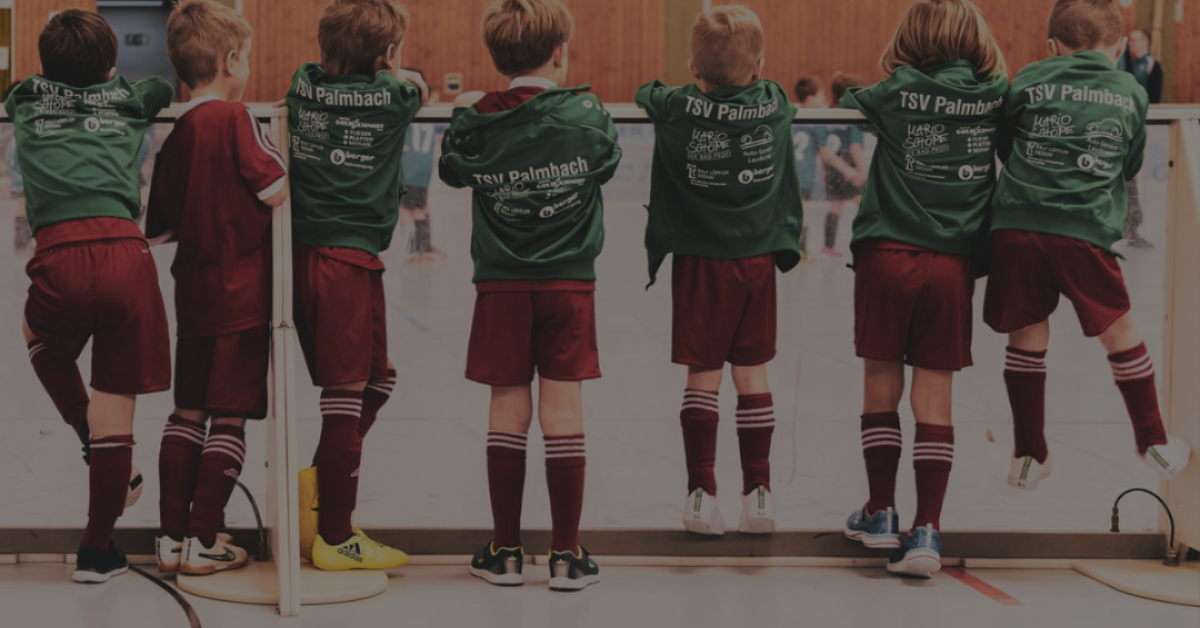Hello, All,
I recall Pavel saying somewhere that pressing a 32kg bell was a rite of passage for guys in Russia (or something along these lines). My wife and I have three boys. Our oldest is nearing the teen years. Pavel's comment, along with some COVID-lockdown-inspired reflections on the importance of cultivating a family culture of resilient bodies and minds, has started me toying with the idea of instituting a strength-related rite of passage ritual for my sons, and possibly for my many nieces and nephews if they are interested.
I'm new to kettlebells, but have been doing bodyweight training for most of my life. I feel like I don't have a good handle on reasonable strength expectations for late teens.
I'd be very grateful for your views about strength standards for, say, 16 year-old men and women. If being 18 years old seems a better age for this, I'm interested in your views on that too.
The standards need to be a stretch. They need to require enough training to build significant mental stamina. They need to be a meaningful achievement. But they also need to be realistically attainable by everyone (injuries and disabilities aside).
Let's say the only equipment available is a pull-up bar and one kettle bell. (I might be able to rope my extended family into the ritual by gifting them a bell. ;-)
I'm interested in your views on movement types, weight, reps, etc. And I'm especially interested to hear from folks who have coaching experience. Thanks!
Max
I recall Pavel saying somewhere that pressing a 32kg bell was a rite of passage for guys in Russia (or something along these lines). My wife and I have three boys. Our oldest is nearing the teen years. Pavel's comment, along with some COVID-lockdown-inspired reflections on the importance of cultivating a family culture of resilient bodies and minds, has started me toying with the idea of instituting a strength-related rite of passage ritual for my sons, and possibly for my many nieces and nephews if they are interested.
I'm new to kettlebells, but have been doing bodyweight training for most of my life. I feel like I don't have a good handle on reasonable strength expectations for late teens.
I'd be very grateful for your views about strength standards for, say, 16 year-old men and women. If being 18 years old seems a better age for this, I'm interested in your views on that too.
The standards need to be a stretch. They need to require enough training to build significant mental stamina. They need to be a meaningful achievement. But they also need to be realistically attainable by everyone (injuries and disabilities aside).
Let's say the only equipment available is a pull-up bar and one kettle bell. (I might be able to rope my extended family into the ritual by gifting them a bell. ;-)
I'm interested in your views on movement types, weight, reps, etc. And I'm especially interested to hear from folks who have coaching experience. Thanks!
Max


